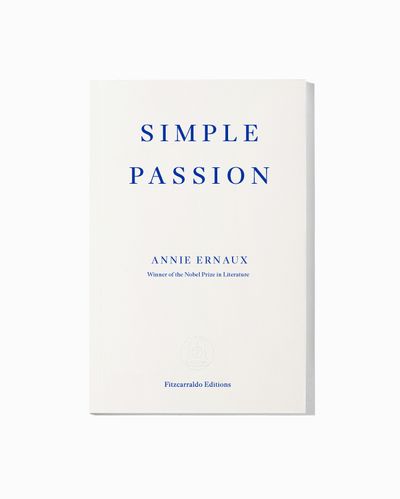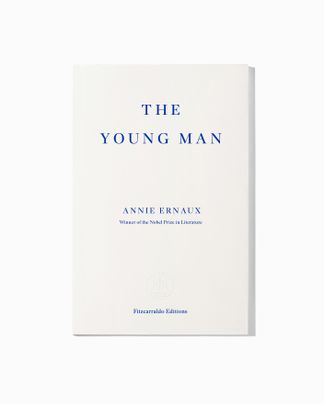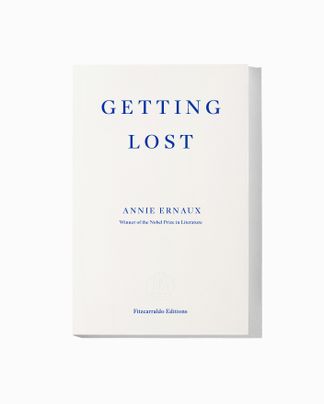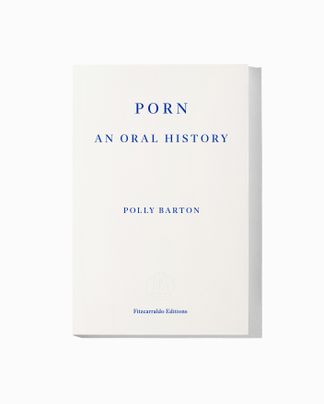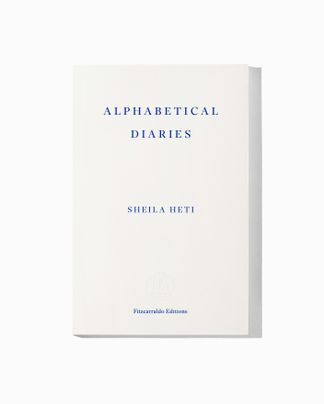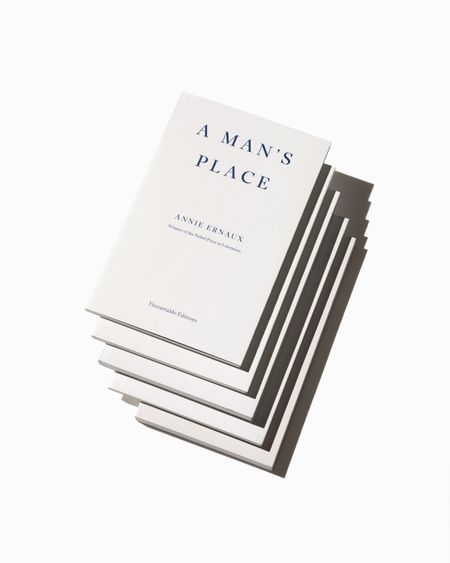Winner of the Nobel Prize in Literature 2022
In her spare, stark style, Annie Ernaux documents the desires and indignities of a human heart ensnared in an all-consuming passion. Blurring the line between fact and fiction, she attempts to plot the emotional and physical course of her two-year relationship with a married man where every word, event, and person either provides a connection with her beloved or is subject to her cold indifference. With courage and exactitude, Ernaux seeks the truth behind an existence lived, for a time, entirely for someone else.

